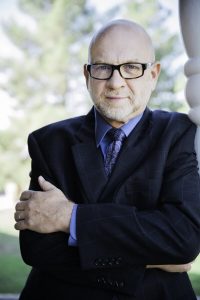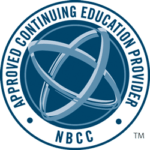Speaking the truth in love sometimes means saying nothing. In other words, let your actions do the talking, and learn to learn from those who acted before you.
The experiences that come from making your own discovery go much further in remapping your brain and retraining your body than getting verbal guidance; or even reliable recommendations. Igniting, inspiring a person to act – presuming it’s for positive, productive purposes – has a much longer shelf life than just transferring information from you to them.
Leaders, healers, and rowers are most effective with their oars stroking the water, than leaning on them from the shore. Stop trying to figure it all out in advance. Get in the boat, push out into the deep, set your back in the direction you’re going, and face your history.
Answers come to those who move, who venture, and who take the initiative, but don’t be satisfied with easy answers. Search for better questions.
By the way, there are some wonderful vistas from rowing backwards into the future. Remember, it is less about what you know and more about what remains to be revealed. Don’t be too anxious to discard yesterday. You might not yet have uncovered all it has to offer you.
 Roderick Logan, DPTh, CCTS, CFTP, FFTT
Roderick Logan, DPTh, CCTS, CFTP, FFTT
Senior Faculty at Arizona Trauma Institute and Trauma Institute International
Blog host of Trauma Informed Parenting
Trauma & Recovery Specialist Making Space to Heal
Dr. Logan has more than 30 years experience as a trainer and facilitator. He holds a Master’s in Biblical Counseling and a Doctorate in Practical Theology. His trauma certifications CFTP and CCTSF are with TII and IATP. He is prolific at presenting transformative care principles and life skills for paraprofessionals, non-clinical caregivers and industry leaders desiring to change within their culture. Roderick is proud to be part of a community of healers seeking to prevent toxic stress, raise awareness of Adverse Childhood Experiences (ACEs) and support trauma recovery and resiliency building. As a trauma specialist, he works routinely with foster and adoptive parents, grieving families dealing with loss, and caregivers seeking to become trauma informed.



